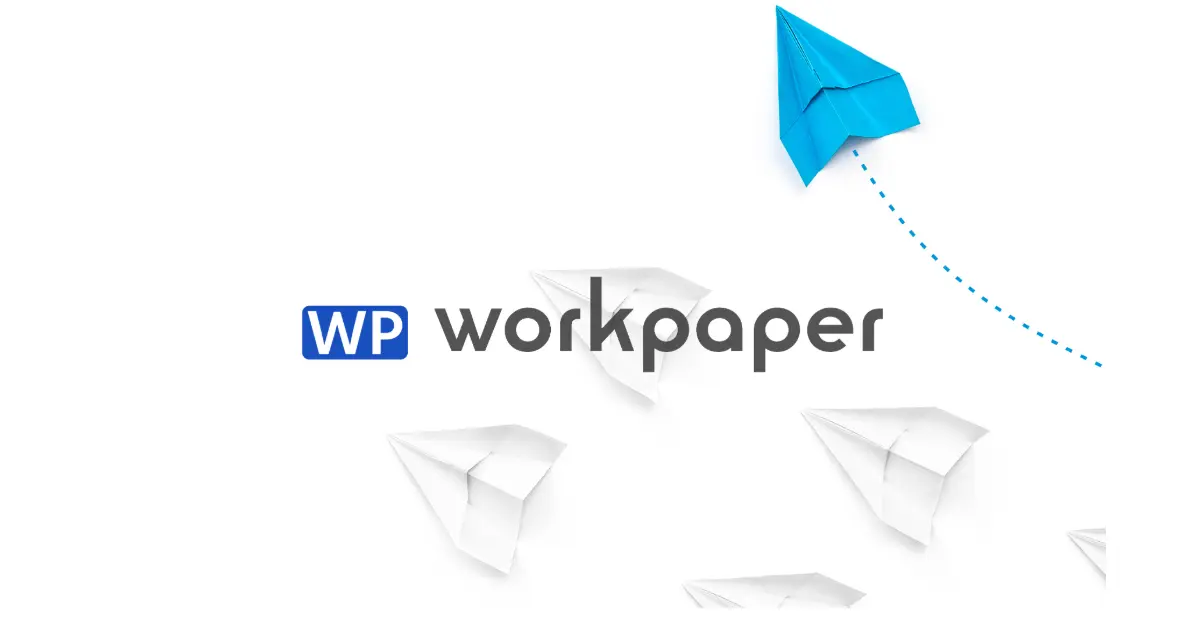Starting a career in bookkeeping can be a rewarding journey filled with opportunities for growth, learning, and professional fulfillment. Aspiring bookkeepers often find themselves drawn to this field due to its stability, flexibility, and the potential for advancement. However, before diving into the world of numbers and ledgers, it’s essential to consider all aspects of the profession to ensure a successful and fulfilling career path. In this comprehensive guide, we explore the various aspects one should consider when contemplating a career in bookkeeping, shedding light on often overlooked details that can make a significant difference in one’s journey.
1. Education and Training
Pursuing Formal Education: While a college degree is not always a requirement for entry-level bookkeeping positions, obtaining formal education in accounting or bookkeeping can provide a strong foundation and enhance job prospects. Many community colleges and vocational schools offer certificate or associate degree programs in bookkeeping, accounting, or related fields. These programs typically cover essential topics such as financial accounting principles, payroll processing, tax preparation, and accounting software proficiency. Additionally, pursuing certifications such as Certified Bookkeeper (CB) or QuickBooks Certification can further validate skills and expertise in the field.
Continuous Learning and Professional Development: Bookkeeping is a dynamic field that continuously evolves with changes in technology, regulations, and industry standards. As such, aspiring bookkeepers should prioritize continuous learning and professional development to stay abreast of industry trends and developments. This may involve attending workshops, webinars, or conferences, enrolling in online courses or training programs, or seeking mentorship from experienced professionals. By investing in ongoing education and skill enhancement, bookkeepers can expand their knowledge base, enhance job performance, and remain competitive in the job market.
2. Technical Skills and Software Proficiency
Mastering Accounting Software: In today’s digital age, proficiency in accounting software is essential for bookkeeping professionals. Popular software such as QuickBooks, Xero, and FreshBooks are widely used by businesses of all sizes to manage financial transactions, generate reports, and streamline bookkeeping processes. Familiarizing oneself with these software platforms and obtaining certification can significantly enhance job opportunities and efficiency in performing bookkeeping tasks. Additionally, staying updated on new features and updates released by software providers ensures continued proficiency and adaptability in the ever-changing landscape of technology.
Attention to Detail and Accuracy: Bookkeeping requires a high degree of precision and attention to detail to ensure accurate financial records and reports. Overlooking small errors or discrepancies can have significant consequences for businesses, leading to financial mismanagement or compliance issues. Aspiring bookkeepers should cultivate a keen eye for detail and develop strong analytical skills to spot inconsistencies and reconcile accounts effectively. Implementing thorough double-entry bookkeeping practices and performing regular reconciliations can help mitigate errors and ensure the integrity of financial data.
3. Ethical Considerations and Confidentiality
Maintaining Ethical Standards: Integrity and ethical conduct are paramount in the field of bookkeeping, as bookkeepers are entrusted with sensitive financial information and entrusted to uphold the highest standards of professionalism. Adhering to ethical principles such as honesty, confidentiality, and objectivity is non-negotiable for bookkeeping professionals. This includes maintaining client confidentiality, avoiding conflicts of interest, and accurately representing financial information without bias or manipulation. Upholding ethical standards not only builds trust with clients and employers but also safeguards the reputation and credibility of the profession as a whole.
Data Security and Privacy Compliance: With the proliferation of digital data and cyber threats, safeguarding client information and maintaining data security is a top priority for bookkeepers. As such, aspiring bookkeepers should familiarize themselves with data protection laws and regulations, such as the General Data Protection Regulation (GDPR) and the Health Insurance Portability and Accountability Act (HIPAA), depending on the industries they serve. Implementing robust security measures such as encryption, access controls, and regular data backups helps mitigate the risk of data breaches and ensures compliance with regulatory requirements. Additionally, obtaining certifications such as Certified Information Systems Auditor (CISA) or Certified Information Security Manager (CISM) can demonstrate proficiency in data security and privacy compliance.
Conclusion
In conclusion, embarking on a career in bookkeeping requires careful consideration of various factors, ranging from education and technical skills to ethical considerations and data security. By prioritizing formal education, continuous learning, technical proficiency, ethical conduct, and data security, aspiring bookkeepers can lay a solid foundation for a successful and fulfilling career in this dynamic field. Remember, success in bookkeeping goes beyond crunching numbers—it’s about integrity, attention to detail, and a commitment to excellence in financial management.
